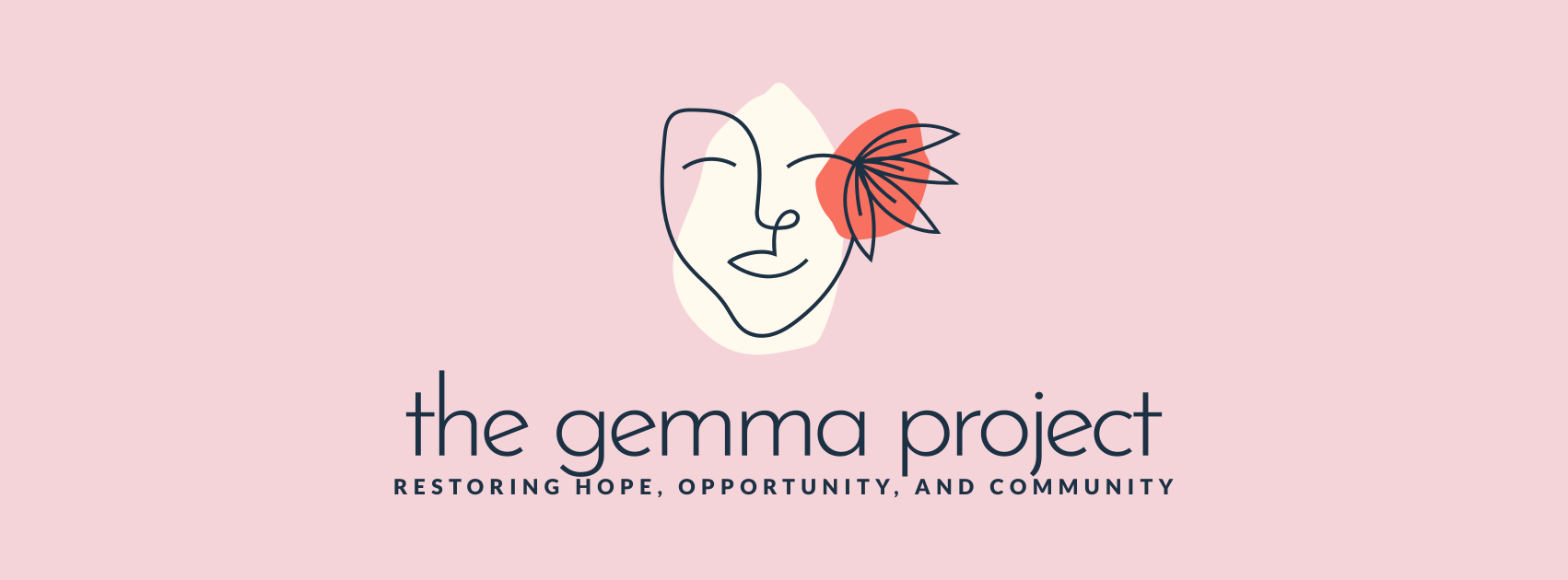
Our Mission
The Gemma Project provides, and promotes the national creation of, gender-responsive reentry programming that serves incarcerated and formerly incarcerated women with integrity and compassion. We advocate for policy change focused on what works to reduce recidivism, break the intergenerational cycle of incarceration, and create healthier communities.
Gender-responsive strategies and policies center the experiences and needs of women and girls and address the underlying causes of vulnerability. Gender-responsive programming for women means designing and implementing interventions, policies, and programs that acknowledge the unique needs, experiences, and roles of women. It involves addressing gender-based barriers, promoting gender equality, and ensuring that women are not disadvantaged by existing systems or practices. This approach recognizes that women's lives are shaped by social, cultural, and economic factors that differ from those of men, and it strives to create more equitable outcomes.
Programs, services, and approaches that are designed for men but applied to women have been shown to be ineffective in addressing the root causes of incarceration and ineffective in meeting the needs of incarcerated women, thereby continuing to break apart families and communities. These programs have failed to reduce recidivism or to meaningfully improve women’s lives.
The Gemma Project believes that inspiring hope, providing opportunity, and fostering individual and system accountability, are the keys to rebuilding lives. Our work is guided by principles of dignity, respect, and a commitment to proven strategies that support successful reentry and long-term community well-being.
The Facts
In the past 3 decades alone, the number of women incarcerated in prisons and jails in the US has increased more than 750%
For that same period, drug-related arrests have increased by 216% for women, compared to 48% for men. Total arrests rose 25% for women while decreasing 33% for men
Over 80% of incarcerated women have histories of domestic and/or intimate partner violence, rape, sexual assault, and/or child abuse
While women represent 10% of the jail population, they are 67% of the victims of staff-on-inmate sexual victimization
Over half of incarcerated women (53%) meet the criteria for PTSD, compared to 10% in the general population
80% of women in jails are mothers and often primary or sole caregivers to an average of 2.5 children each

